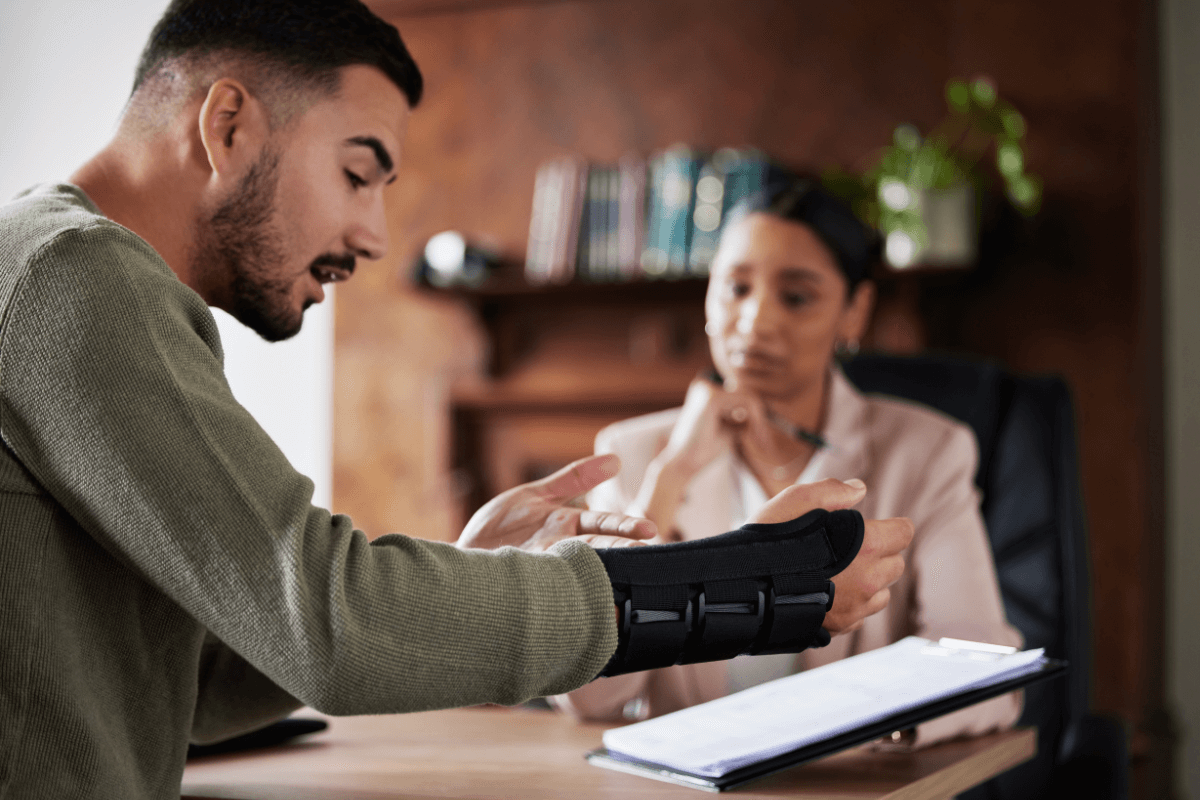
Opioid abuse is a significant problem in Louisiana. According to the Louisiana Department of Health, in the year 2014, Louisiana experienced 478 fatal drug overdoses due to opiod abuse, translating to a rate of 17 deaths per 100,000 individuals. Other statistics about opioid use in Louisiana further illustrate the extent of the problem:
- Louisiana ranked 7th in the nation for opioid pain reliever prescribing rates in 2012.
- An average of 122 prescriptions per 100 people has been recorded in Louisiana since the initiation of the Prescription Monitoring Program, which observes narcotic prescribing habits.
- A 2014 survey called the Caring Communities Youth Survey revealed, more female students in Louisiana admitted to using prescription drugs in the previous 30 days compared to their male counterparts.
- From the period spanning 1999 to 2014, over 165,000 individuals lost their lives due to overdoses linked to prescription opioids.
- Records from the years 2013 to 2015 show Louisiana had 6,252 admissions for treatment related to opioid abuse.
A noticeable increase in personal injury claims is closely connected with opioid abuse. Accidents and injuries related to opioid misuse can occur in various settings like workplaces, homes, or on the road. Some individuals under the influence of opioids might have impaired judgment, leading to accidents that cause harm to themselves or others. As opioid addiction rises, personal injury claims related to drug misuse also increase, highlighting the connection between addiction and legal concerns. Insurance companies and legal professionals must consider these connections as work on cases involving opioid abuse. Understanding the intricate relationship between personal injury claims and opioid addiction provides insights into a growing societal challenge affecting many aspects of daily life.
Legal Perspectives: State Regulations and Opioid-Related Litigation
State regulations and opioid-related litigation have evolved to respond to the growing issue of opioid abuse. Three new laws were introduced in Louisiana in 2018:
Seven-Day Opioid Supply Law: Aimed at restricting patients from receiving a 30-day opioid supply after outpatient surgery, this legislation limits those using opioids for the first time for an acute condition to only a week’s supply. While doctors have the authority to bypass this restriction, they must justify and document the reasoning in the patient’s medical record. Additionally, physicians are obligated to inform patients about the potential risks of opioid addiction.
Continued Education Regarding Controlled Substances Prescription: Individuals responsible for prescribing medications are required to complete 3 credit hours covering topics like drug diversion, optimal methods for prescribing opioids, and treating addiction. These credits are mandatory for anyone applying for or renewing their license and are part of the requirements set by the Louisiana State Board of Medical Examiners.
Enhancements to the Prescription Monitoring Program (PMP): The state’s PMP is receiving additional support through new regulations for opioid prescribers. Under these guidelines, before prescribing an opioid for the first time, prescribers must review the patient’s record in the PMP. Additionally, prescribers are required to check the patient’s record every three months if the opioid treatment continues, an action aimed at inhibiting patients from obtaining prescriptions from multiple doctors.
Medical Insights: Chronic Pain Management and Opioid Prescription
Chronic pain management often involves the prescription of opioids, which are strong medications designed to alleviate severe discomfort. However, a growing concern is how opioids are sometimes overprescribed, leading to misuse and addiction. Medical professionals are facing challenges in balancing the need for effective pain relief with the risk of dependency. New insights in medicine are encouraging alternative methods of pain management, such as physical therapy, acupuncture, or non-opioid medications. These alternatives aim to reduce reliance on opioids and lower the risk of addiction. Medical insights into chronic pain management and opioid prescription provide a broader understanding of the factors influencing the opioid crisis, and how healthcare providers are attempting to respond to a multifaceted issue.
Opioid Manufacturers in Court: High-Profile Lawsuits and Outcomes
High-profile lawsuits against opioid manufacturers have made headlines in recent years. Many state and local governments have taken legal action against these companies, arguing they played a significant role in the opioid crisis. These lawsuits often focus on allegations of deceptive marketing and failure to properly warn about the risks of addiction. Some cases have resulted in substantial settlements, where manufacturers agree to pay large sums of money without admitting wrongdoing. Other cases have gone to trial, leading to various outcomes, including landmark judgments against pharmaceutical companies. These legal battles offer a revealing glimpse into the connections between opioid production, marketing, addiction, and the law. Also highlighted was how society is attempting to hold those believed responsible for the crisis accountable through legal means.
Impact on Insurance: Claim Adjustments in Opioid-Related Cases
The opioid crisis has a considerable impact on insurance, specifically in the handling and adjustments of claims in opioid-related cases. When personal injury claims arise due to accidents involving opioids, insurance companies often face challenges in evaluating the situation. Determining responsibility, understanding medical treatments, and assessing long-term care needs can become complicated. These complexities might lead to adjustments in how claims are processed and evaluated. Insurance companies may develop new policies or protocols for handling cases related to opioid misuse. The consequences of these adjustments reach beyond the insurance industry, influencing both the legal landscape and individuals seeking compensation. A close examination of the impact on insurance sheds light on yet another aspect of the far-reaching effects of the opioid crisis in various sectors of society.
Future Directions: Legislative Proposals and Judicial Responses Resources for Victims: Support Systems and Legal Advocacy

In response to the opioid crisis, various legislative proposals and judicial responses have been put forth. Legislators are introducing bills to restrict opioid prescriptions, enhance addiction treatment, and hold manufacturers accountable. Courts are also seeing a surge in lawsuits related to opioids, leading to new legal precedents. Together, these efforts form a multifaceted approach aimed at tackling the epidemic from both legal and regulatory angles. The combination of legislation and judicial action signals a collective intent to address the problem seriously and systematically.
While the opioid crisis has garnered significant attention, it’s essential to remember that there are other areas where individuals face risks and potential harm. Construction sites, for instance, can be hazardous, leading to severe injuries. If you or someone you know has been affected, understanding the remedies for construction site injuries can be crucial.
Similarly, product recalls, such as those for car seats, can pose significant threats to consumers. Traumatic events can also result in long-term effects, like traumatic brain injuries, which require specialized care and rehabilitation. Moreover, navigating the complexities of insurance claims, especially after car accidents, can be daunting.
And, with events like Mardi Gras, it’s essential to be aware of potential risks and know where to find a dedicated Mardi Gras accident attorney should the need arise.
If you are dealing with a personal injury claim, contact Alvendia Kelly & Demarest today at 504-200-0000 to schedule a free consultation.
Categories
- Bicycle Accidents
- Car Accident
- Case results
- Class Action
- Community Aid
- COVID-19
- Fun
- General
- Hard Rock Lawsuits
- Holiday
- Insurance Claims
- Legal Advice
- Mardi Gras Accident Attorney
- Mass Tort
- Medical
- Motorcycle Accident
- Personal Injury
- Practices
- Premise Liability
- Recent News
- Safety
- Truck Accidents
- Uncategorized
- Weather
- Work-Related Accident

In 2003, after being dissatisfied with the quality of legal care for victims of car accidents, Roderick ‘Rico’ Alvendia sought to establish a new firm focused on providing high-quality legal services to aid injured victims and their families. J. Bart Kelly, sharing Rico’s passion for upholding justice, joined the firm later that year, and established a partnership.






